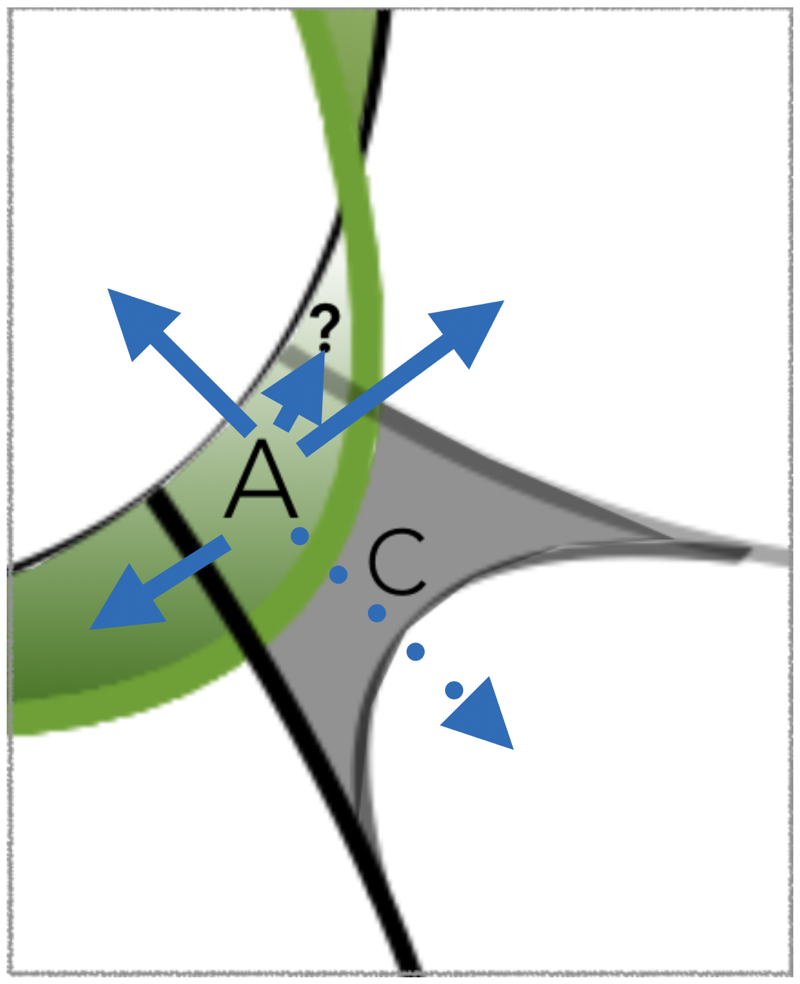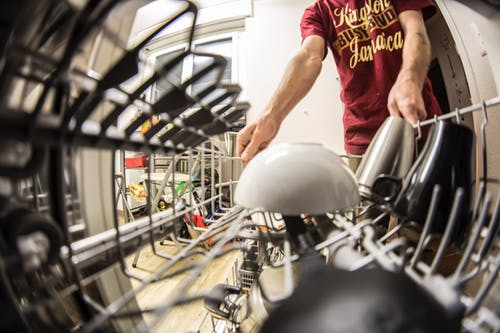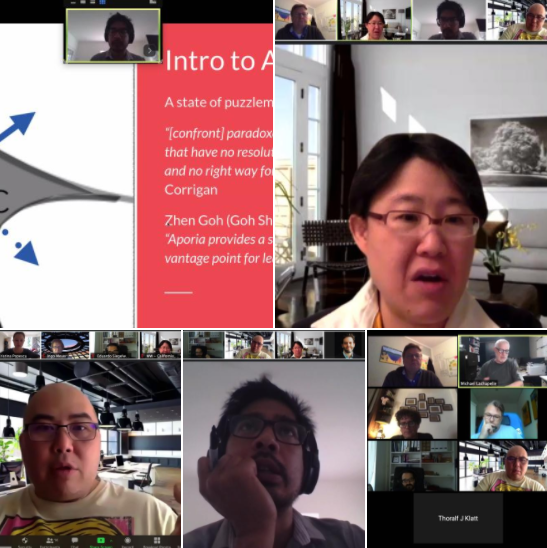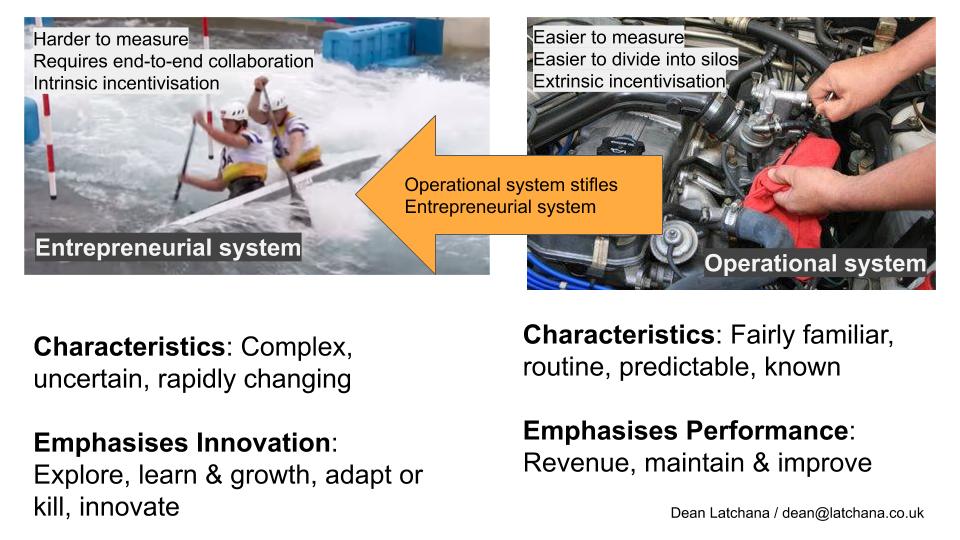These crowd-sourced thoughts and insights are from Aporia discussions I’ve run at a few events.
Meetup hosted by Digital Leadership – 2020-07-30

During this Digital Leadership meetup, a participant shared a situation where their organisation chose to complete a project which would mean a large investment to replace their office printers. This is despite the organisation not knowing whether, due to COVID, when and how many of their colleagues could return to the office.
We considered the decision to be one suffering from the sunk-cost fallacy. Since the project is nearing its end, and it has taken a lot of effort, they chose to complete the project despite it potentially resulting in insufficient value.
It would have been wiser if the decision-makers better acknowledged that there is incomplete information. They should have remained in Aporia and deferred the decision until they had learnt if, and to what degree, colleagues would be returning to the office.
Meetup hosted by Roy Marriott – 2020-06-22
Watch the recording and check out the slides.
Many thanks to everyone for coming to and contributing to the discussion hosted by Roy Marriott. Here are some notable insights that arose from the discussion.

- Aporia can provide teams with the chance to push against a leader’s decision to act. If the team believe the situation or context has changed, aporia can offer a place to oppose a leader’s decision. With hope, it provides an opportunity for respectful dissent.
- It was suggested that the confused state is one where an individual doesn’t know they are confused; they mistakenly believe they have the right answer. Whereas aporia is when an individual knows they don’t know the right way forward; the individual is aware they are confused or are in a paradox.
- Aporia is when one is not tense. Whereas in Confused is when one might say “what do you mean it’s not working?!”. Aporia is when we might say “ooohhh, what’s going on….? I don’t understand”.
- Granularity needs to be considered. We might be holding one big decision in aporia, when in fact we should be breaking it down into several smaller granular decisions. These granular decisions could then be dealt with in other domains.
- Can you positively stay in the state of not making a decision? Aporia can tell you when that’s okay; it legitimises it. It distinguishes it from mere analysis paralysis.
- It is also true that deciding not to decide is also a decision.
- “How wonderful that we have met with a paradox. Now we have some hope of making progress.” – Niels Bohr
Agile Xpertise meetup – 2020-05-20

- A useful metaphor for understanding aporia is to consider stacking a dishwasher. At the start of the day, when the dishwasher is empty, you won’t know what will need to be washed, so you’re in aporia. But aporia is different from having no idea, or doing nothing, or any of your choices being of equal value. Therefore when stacking the breakfast items, you’d be wise to space them in a way which keeps as many options open as possible, without having to re-stack later in the day. So being in aporia doesn’t mean to remain passive.
- An approach to utilising aporia in relation to the other domains is to throw into the framework all issues, then work out where best to place each issue. You are likely to find that although many issues may start in aporia, the majority of them will have a home in other domains. This method is called Four Table Contextualisation
- Aporia has relevance to how we naturally learn
- In the early days of the COVID outbreak, many governments operated in the Chaotic domain; they chose to act first knowing that there’ll be collateral damage. For example, loosening the criteria for financial support would provide immediate stability for many people and businesses, and yet such a policy would also be open to greater inappropriate use and fraud.
- The handling of COVID occurs in many domains at the same time. Investigating the biology of the virus may be manageable in the Complex domain. At the same time in the early days of the outbreak, many nations did not know sufficiently its epidemiology, so they responded in the Chaotic domain by enforcing lockdown in an attempt to halt its distribution. The consequential slowing of infection gave many governments the leeway to operate in aporia.
Piano Berlin meetup – 2020-05-19
- Aporia is the biggest opportunity for change
- To ‘escape’ aporia, we need to know what information is needed before moving into a different domain
- People and organisations need resilience (e.g. financial reserves, optionality, inventory) to stay in aporia for a long time, and not be tempted to make a decision earlier than necessary
- Regarding COVID, since some Asian countries previously dealt with SARS, their populations know that a COVID vaccine cannot be discovered quickly. So, compared to some western countries, these Asian countries are wise to keep their populations in aporia by not speculating when a vaccine may be ready
- It’s often said politicians can either be right, wrong or uncertain; to be uncertain is the weakest position. However to be uncertain, and not make a choice, can be a legitimate stance (i.e. remain in aporia)


